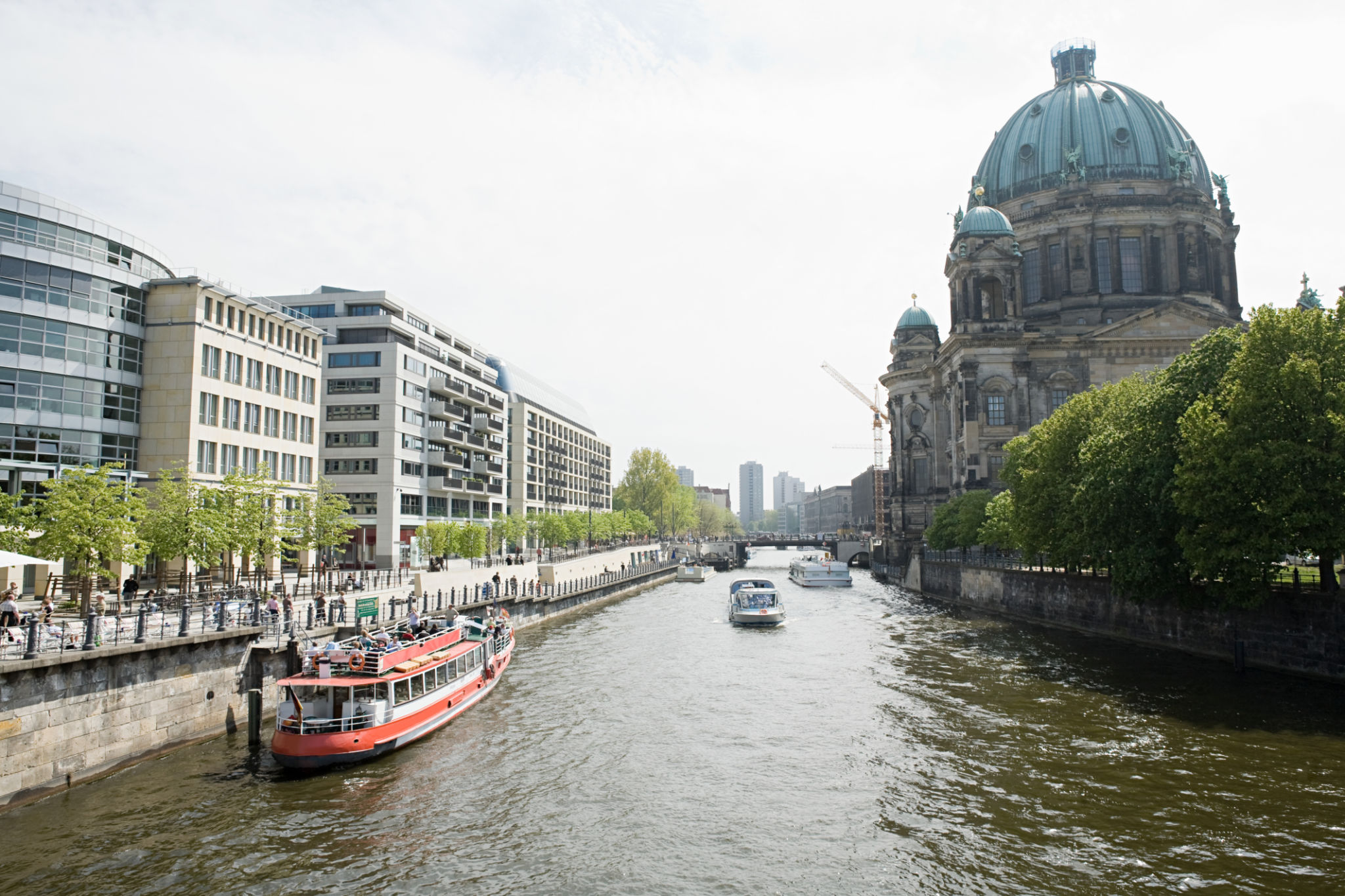How Smart City Technology Solutions Are Revolutionizing Urban Living
Understanding Smart City Technology
As urban populations swell, the need for efficient and sustainable city management has become paramount. Smart city technology solutions are reshaping urban living by integrating digital technology into urban infrastructure. These solutions aim to enhance the quality of life, optimize resource management, and reduce environmental impact. By leveraging the Internet of Things (IoT), big data, and artificial intelligence, cities are transforming into more intelligent and responsive environments.
These technologies are not just futuristic concepts but are being implemented worldwide to address challenges such as traffic congestion, energy consumption, and waste management. Cities like Singapore, Barcelona, and Amsterdam are leading the charge, showcasing how smart technologies can create more livable and sustainable urban spaces.

Transforming Transportation
One of the most visible impacts of smart city technology is in transportation. With the implementation of smart traffic management systems, cities can reduce congestion and improve the overall efficiency of public transport. These systems use real-time data to monitor traffic flow and adjust traffic signals accordingly.
Furthermore, the rise of autonomous vehicles promises to revolutionize urban transportation by reducing the need for personal car ownership and minimizing traffic accidents. Ride-sharing services integrated with smart city infrastructure can further ease congestion and reduce carbon emissions.

Enhancing Energy Efficiency
Smart city solutions are also pivotal in promoting energy efficiency. Smart grids and meters allow for better management of electricity usage, giving consumers insights into their consumption patterns. This not only helps in reducing energy bills but also aids in minimizing strain on the power grid during peak hours.
Moreover, renewable energy sources such as solar and wind are being integrated into urban settings, supported by smart technology that optimizes their usage. Such initiatives are crucial in reducing a city's carbon footprint and promoting sustainable development.

Improving Public Safety
The integration of smart technology in urban areas significantly boosts public safety. Surveillance cameras equipped with AI can analyze footage in real-time to detect unusual patterns or behaviors, providing authorities with timely alerts to prevent potential incidents. In addition, smart street lighting systems enhance safety while reducing energy consumption by adjusting brightness based on pedestrian presence.
Emergency response systems have also been improved through smart technologies. By using location data and predictive analytics, emergency services can respond more quickly and efficiently to incidents, potentially saving lives.
Facilitating Efficient Waste Management
Waste management is another area where smart technology is making a significant impact. IoT-enabled sensors in waste bins can monitor fill levels, allowing for optimized collection routes that save time and resources. This not only reduces operational costs but also minimizes the environmental impact of waste collection vehicles.
Additionally, data analytics help cities identify patterns in waste production, facilitating more effective recycling programs and waste reduction strategies.

Conclusion: The Future of Urban Living
Smart city technology solutions are not merely about technological advancement; they represent a profound shift towards a more sustainable and efficient model of urban living. As these technologies continue to evolve and integrate into more cities worldwide, they hold the promise of creating healthier, more resilient communities that can adapt to the challenges of the future.
Cities embracing these innovations will not only improve the quality of life for their residents but will also set a standard for others to follow. As we look towards the future, the ongoing development and implementation of smart city technologies will undoubtedly play a crucial role in shaping the cities of tomorrow.